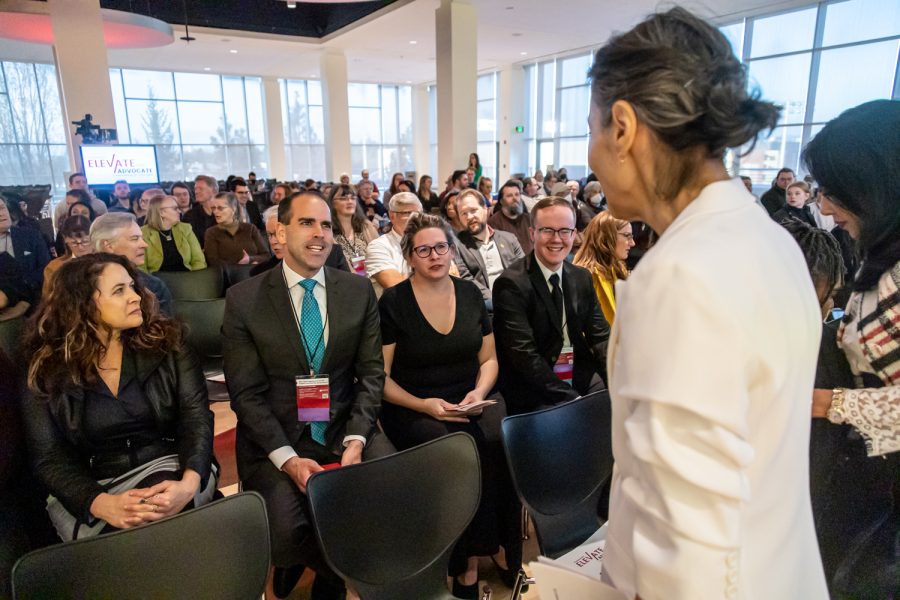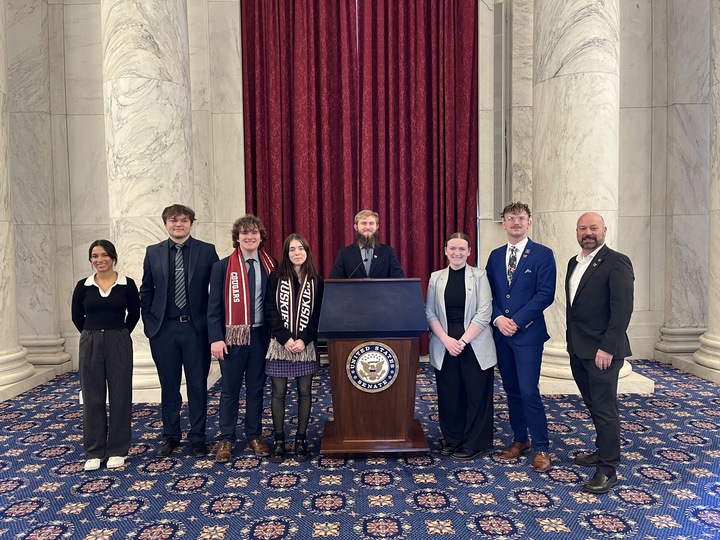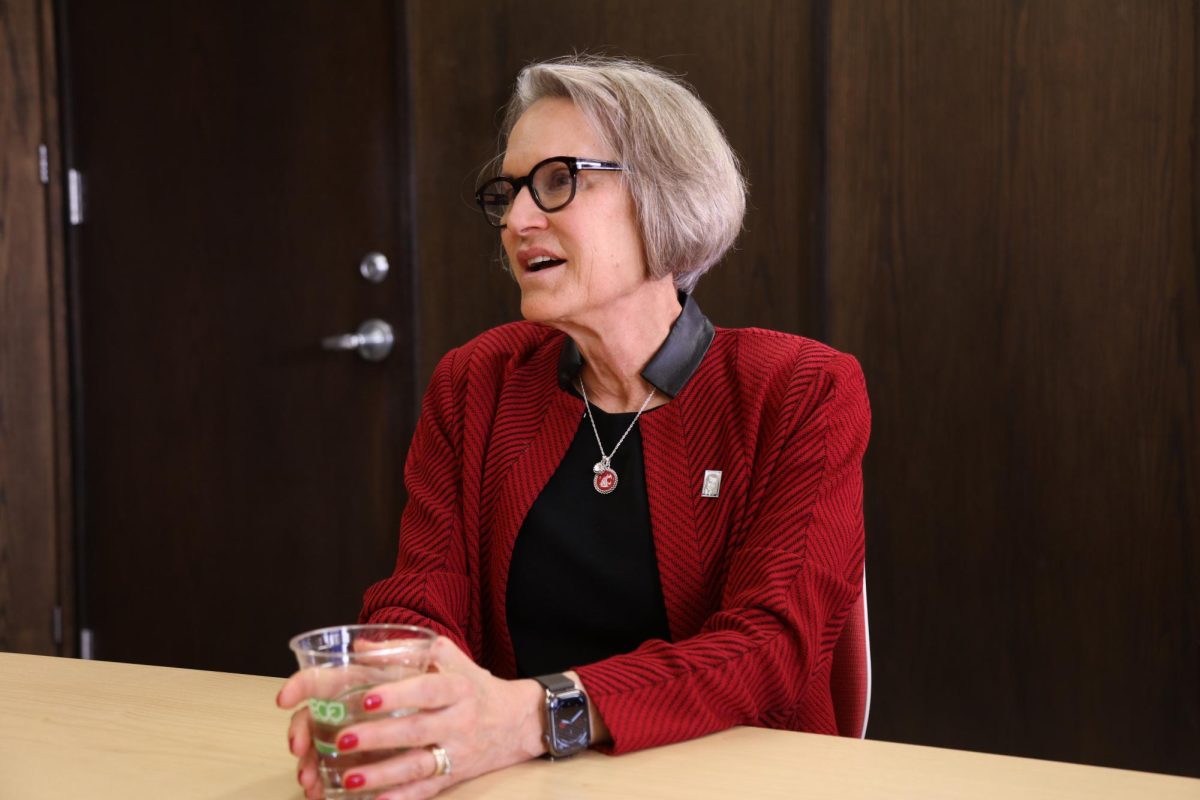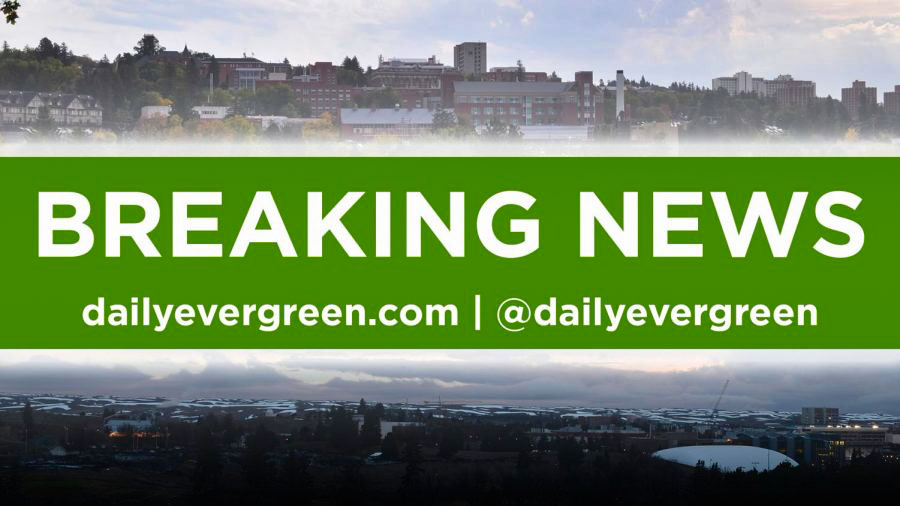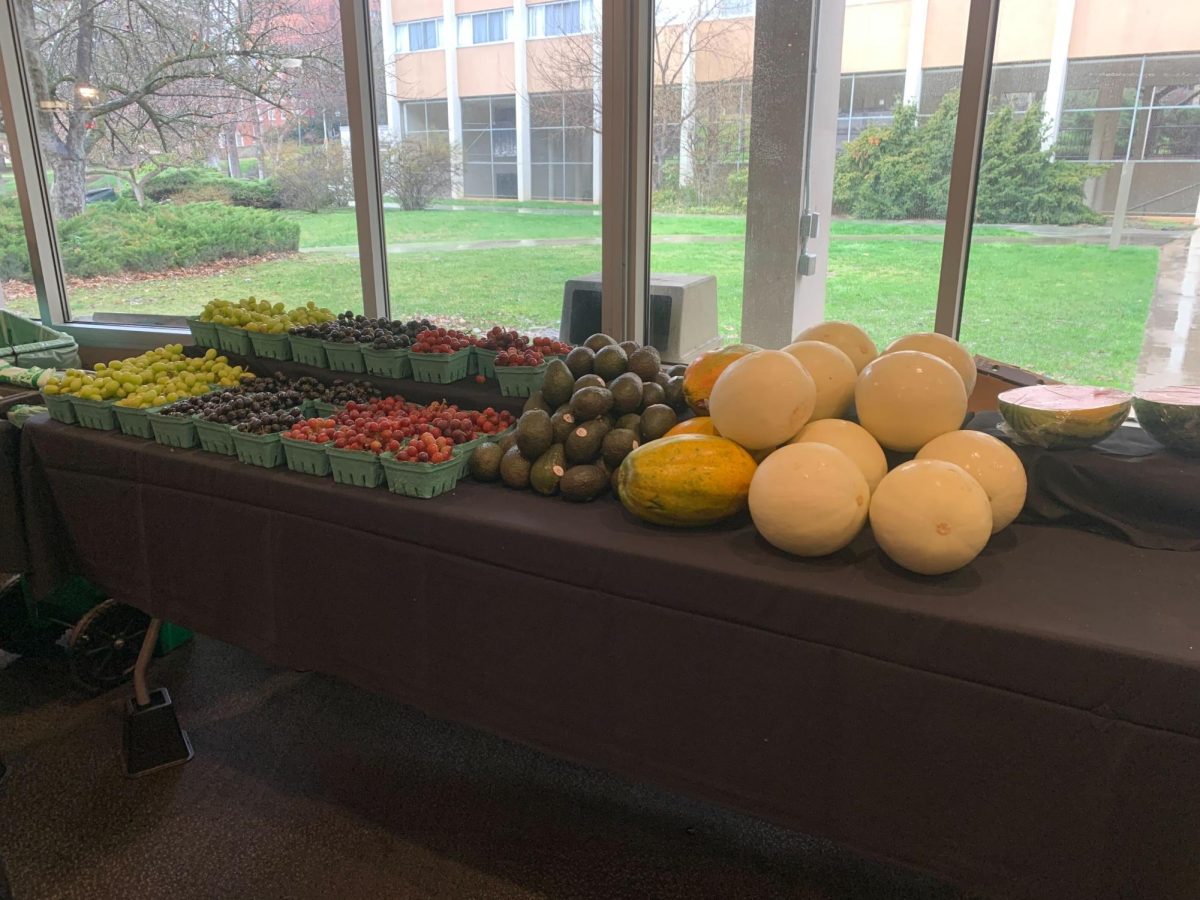The Edward R. Murrow College of Communication at WSU will host its 49th annual Murrow Symposium this week.
The two-day event on April 1 and 2 promises students insights and networking opportunities within the communication industry.
“This year’s Murrow Symposium is all about curiosity, connection, and credibility—three pillars that define great communicators,” said Brett Atwood, the director of marketing for the Murrow College. “We hope students walk away inspired to ask better questions, build meaningful relationships, and navigate the ever-changing media landscape with integrity and confidence.”
The Murrow College selected Harry Smith as this year’s recipient of the Murrow Lifetime Achievement Award in Journalism.
Smith previously worked for CBS News, NBC News and MSNBC.
Dean of the Murrow College, Bruce Pinkleton, emphasized the relevance of Smith’s selection.
“I think, honestly, Harry Smith is the perfect recipient this year because of where we are as a country, the issues that we’re looking at, the issues that we’re grappling with, issues of social conscience and inner turmoil,” Pinkleton said. “I feel like Harry Smith’s journalism is journalism that helps us to find commonalities, so, in my mind, it’s especially a relevant time to select Harry Smith, and he fit our theme so incredibly well.”
The symposium is scheduled for two days and will feature a variety of panels and sessions.
Day one, April 1, kicks off with an opening keynote breakfast by Sarah Kneller on “Question Everything: How Curiosity Changed the Game.”
The Murrow College will honor Smith at the Lifetime Achievement Ceremony at noon later that day, where he will also give a keynote address.
Day two, April 2, will feature a breakfast keynote by Andrea Joyce, followed by a session titled “Curiosity: A Conversation with Harry Smith.”
The symposium will conclude at noon with a closing keynote lunch by Jaimee L. Fox on “Own Your Next Move: Get Out of Your Own Way.”
“Beyond the keynotes and panels, the true power of the Murrow Symposium lies in the personal connections,” Atwood said. “Students should take full advantage of networking opportunities—introduce themselves to speakers, ask thoughtful questions, and follow up with professionals they admire. These conversations could spark mentorships, internships, or even career-changing opportunities.”
Pinkleton expressed his hope that students will recognize the unique opportunities the symposium provides.
“The panels that we have are just top-notch, and if students try to reach out to some of these panelists, they would never get through all the administrative layers to get a reply from these folks,” Pinkleton said. “At the symposium, these people stand up after they’re done and say,’ Hey, here’s my business card, if you have a question, email me,’ so it is just a whole level of access to information that is unavailable otherwise.”


